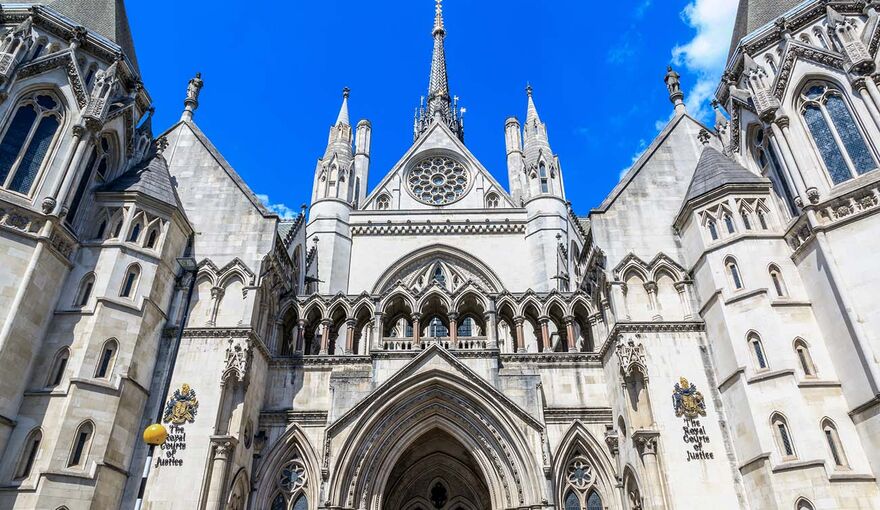With the Courts in England & Wales struggling with significant backlogs, this is the first of a series of articles where Family law expert, Sally Harris, explores alternative routes to resolve matrimonial financial claims without waiting months for a Court date.
What is the Court process?
There are up to three Hearing dates during the course of a financial application made within divorce proceedings:
- First Appointment;
- Financial Dispute Resolution (FDR) - in Court or private; and
- Final Hearing.
At the Final Hearing, a Judge decides the outcome of a case for the parties concerned if they have failed to settle beforehand.
A First Appointment Hearing is an overview to ensure all steps necessary for an effective FDR Hearing are undertaken.
A First Appointment can be dispensed with if the parties agree and the Court are satisfied that a case is ready for an FDR Hearing. This can help speed the process which is often slow and costly. Waiting for a Court Appointment date is likely to take months.
What is a Private FDR?
Sir James Mumby explained a Private FDR as “the parties pay for a financial remedy specialist to act as a private FDR Judge. That person may be a solicitor, barrister or retired Judge. No additional qualification is required. The Private FDR takes place at a time convenient to the parties, usually in solicitor’s offices or barrister’s chambers, and a full day is normally set aside to maximise the prospects of settlement”.
Pros and Cons of a Private FDR
- The most obvious advantage of a Private FDR is the time saved waiting for a Court date that maybe months away.
- The parties can agree the financial remedy specialist to hear their case. In Court a District Judge or Deputy will be appointed and their background may not be in family finance.
- A date and venue can be agreed that is convenient for the parties and their legal representatives.
- One disadvantage is that there are no fees to pay to the Court beyond the initial application fee. The financial remedy specialist will charge privately for their time and the costs of that has to be borne usually equally by the parties. The delays inherent currently in the Court system however can prove costly so it may well be swings and roundabouts as to which route in practice proves to be the most cost effective.
- The parties must agree to have a Private FDR and this is not always possible. The process is voluntary ensuring both parties are invested with a desire to reach settlement.
- The Courts are overloaded with cases and it is all too common for a case to be removed from the next day’s list as late as 4pm the evening beforehand. This is stressful and distressing for parties and incurs additional costs.
- A private financial remedy specialist will set aside sufficient time to prepare for the Hearing with fewer competing demands being made on their time. A Judge will have a list of cases to deal with each day.
Success or Failure?
In the event the parties successfully settle at a Private FDR Hearing, their agreement can be sent to the Court for approval in the same way as if they had an in Court FDR Hearing. This concludes the case for the parties.
Whether the parties attend a Private or an in-Court FDR, and fail to settle, they continue through the Court system to a Final Hearing. A Judge will make a judgement for them.
For more information about Howes Percival’s family law services, please click here or contact Sally Harris at [javascript protected email address] or on 01603 580011.
The information on this site about legal matters is provided as a general guide only. Although we try to ensure that all of the information on this site is accurate and up to date, this cannot be guaranteed. The information on this site should not be relied upon or construed as constituting legal advice and Howes Percival LLP disclaims liability in relation to its use. You should seek appropriate legal advice before taking or refraining from taking any action.

